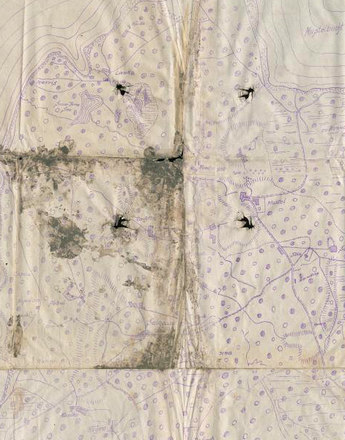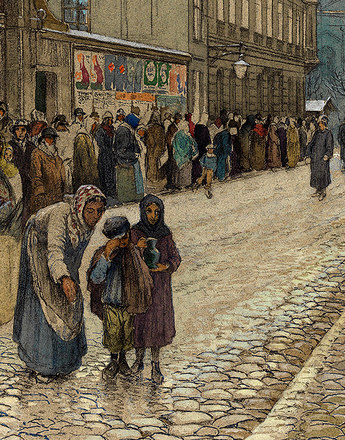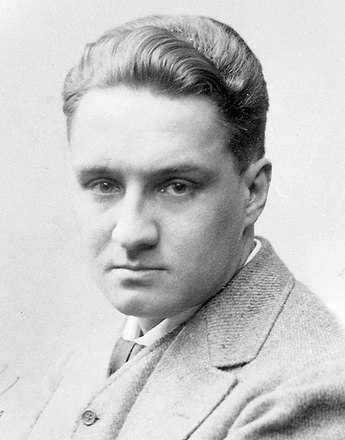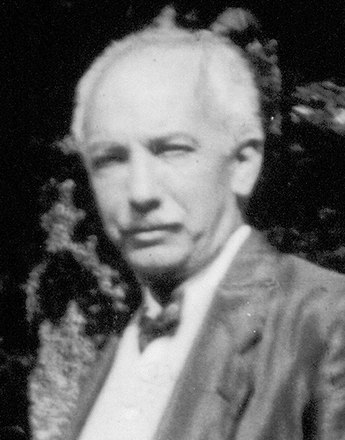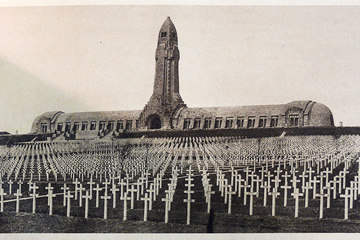Andrea Stangl
Culture of commemoration
The role of the intellectual in the war
The year 1914 brought about an incisive change in their private and professional lives of many intellectuals. Formerly international intellectual and artist circles collapsed, many intellectuals entered the war, voluntarily or not, and many of them failed to return.
Strikes, revolutionary movements
The transformation of production facilities for war work and the departure of the men to the front meant that women increasingly performed typical male jobs, in the armaments industry and elsewhere. They also had to feed their families and were thus the first to react to the increasingly precarious food situation and the extremely bad working conditions.
Maurice Ravel
Maurice Ravel volunteered for war service, which only lasted for one year because of health problems. Ravel was regarded as a moderate patriot since he was critical of the prohibition on performances of “hostile” composers.
Rudi Stephan
Rudi Stephan was one of the great young generation composers in Germany. At the age of only 27, Stephan fell on the Galician front and was therefore only able to complete a few works.
Richard Strauss
Performances in the German-speaking countries of compositions by Richard Strauss boomed during the First World War. In 1917, Strauss, together with Hugo von Hofmannsthal and Max Reinhardt, laid the basis for the Salzburg Festival.
Hugo von Hofmannsthal
Very soon after the start of the war, the author Hugo von Hoffmannsthal attracted attention with his patriotic publications. In order to avoid military service, he had himself transferred to the Press Service of the War Welfare Office.
Otto Bauer
Otto Bauer was a social democrat politician and, from November 1918, the first Foreign Minister (Secretary of State for Foreign Affairs) of the First Republic. Bauer resigned from his office in July 1919 following the failure to achieve unification with Germany.
Remembrance Tourism: Travel to the Sites of War
The hotel-restaurant … offers you agreeable accommodation in the vicinity of the battlefields of Verdun. From here you can easily reach the memorial at Fleury, the fortresses of Vaux and Douaumont, the trench known as the Tranchée des Baϊonnettes, the charnel house in Douaumont and the subterranean citadel. An attractive detail: quiet and calm in the centre of town in a hotel offering every comfort.
Viewing the sites of war began during the war itself, when members of propaganda bureaus, journalists and photographers travelled to the front in order to document the events taking place there. Since then remembrance tourism has become a business, which booms especially in the ‘round’ anniversary years. Hence the battlefields of Verdun are among the places in Lorraine which attract the most visitors. Such tourists thus make a significant contirbution to the region’s economic performance.



